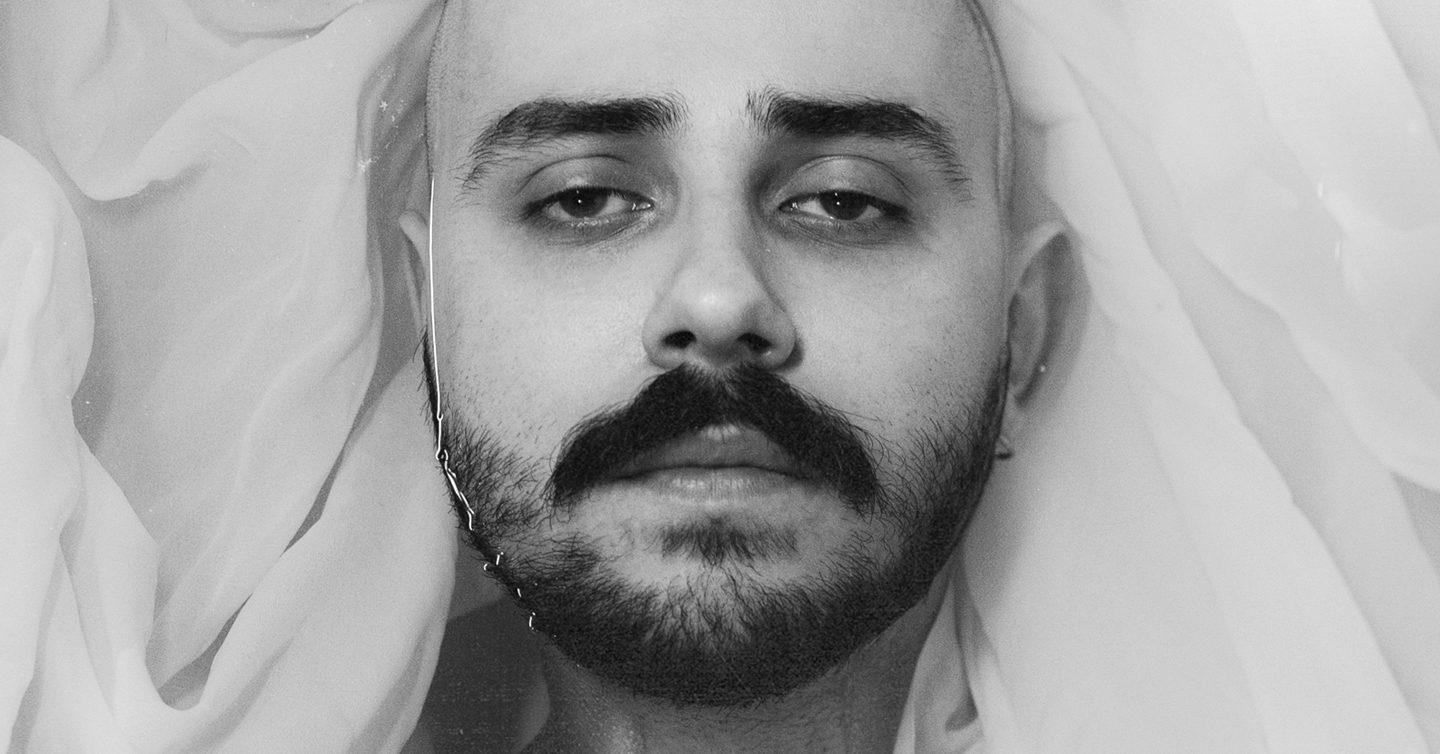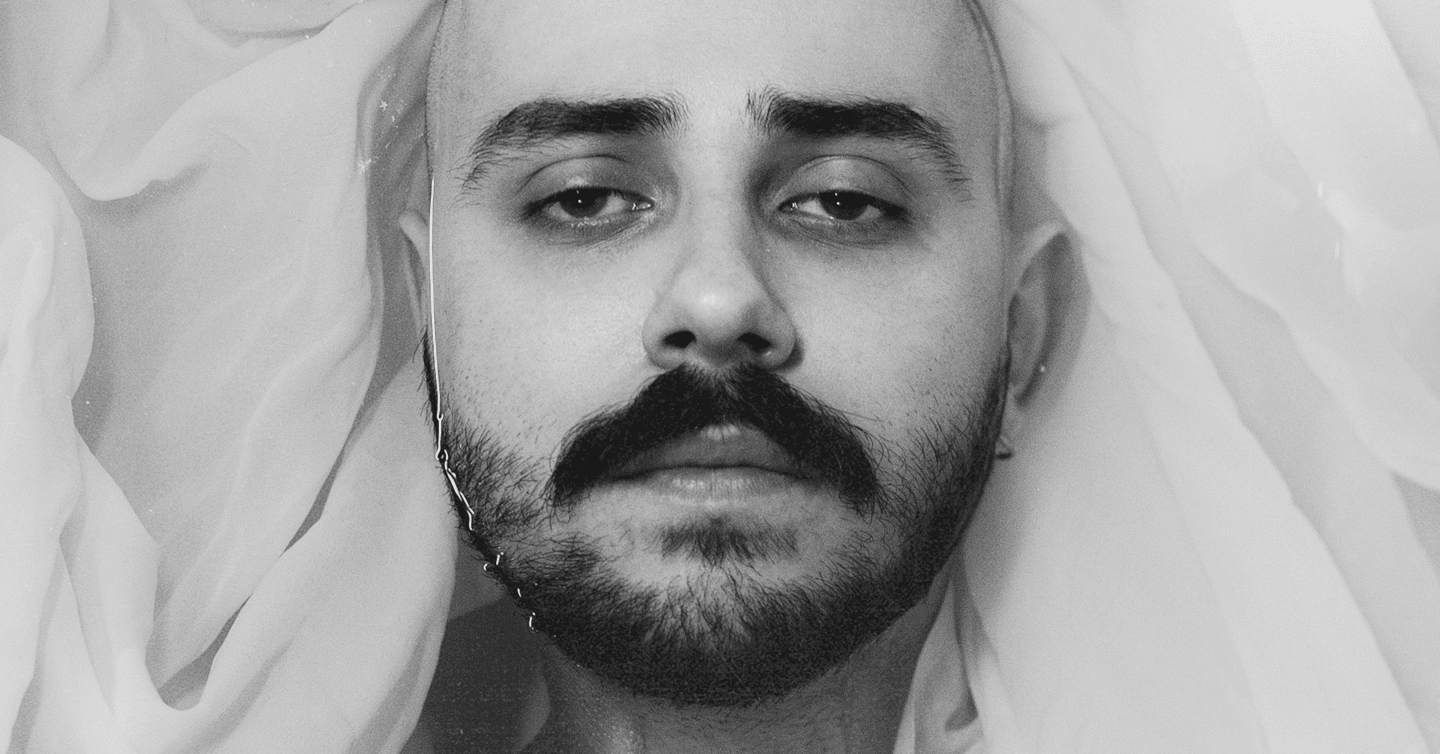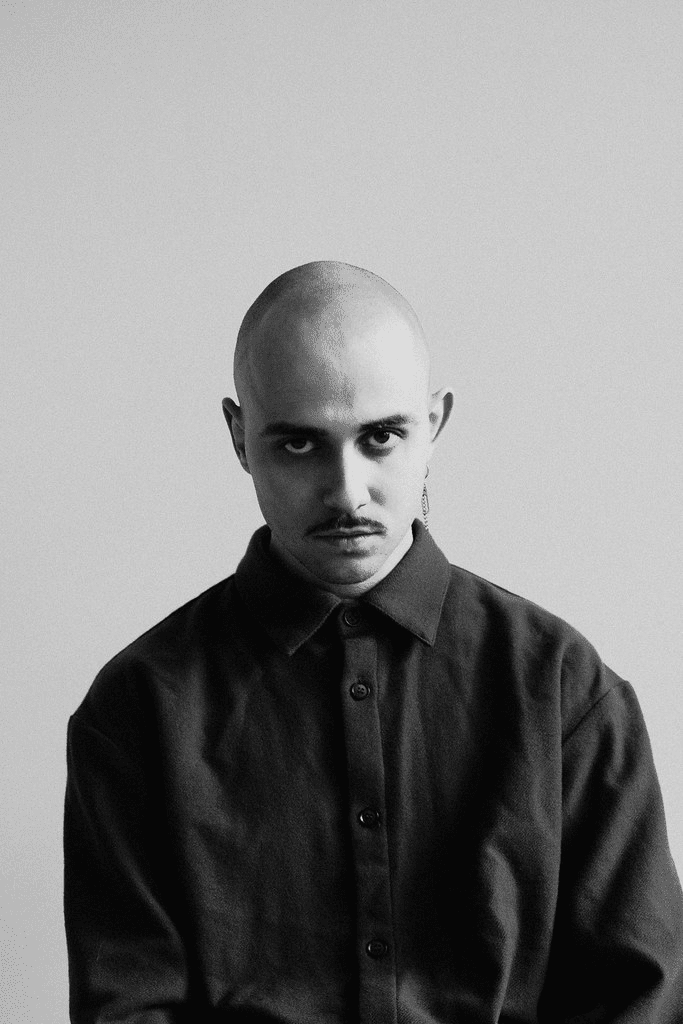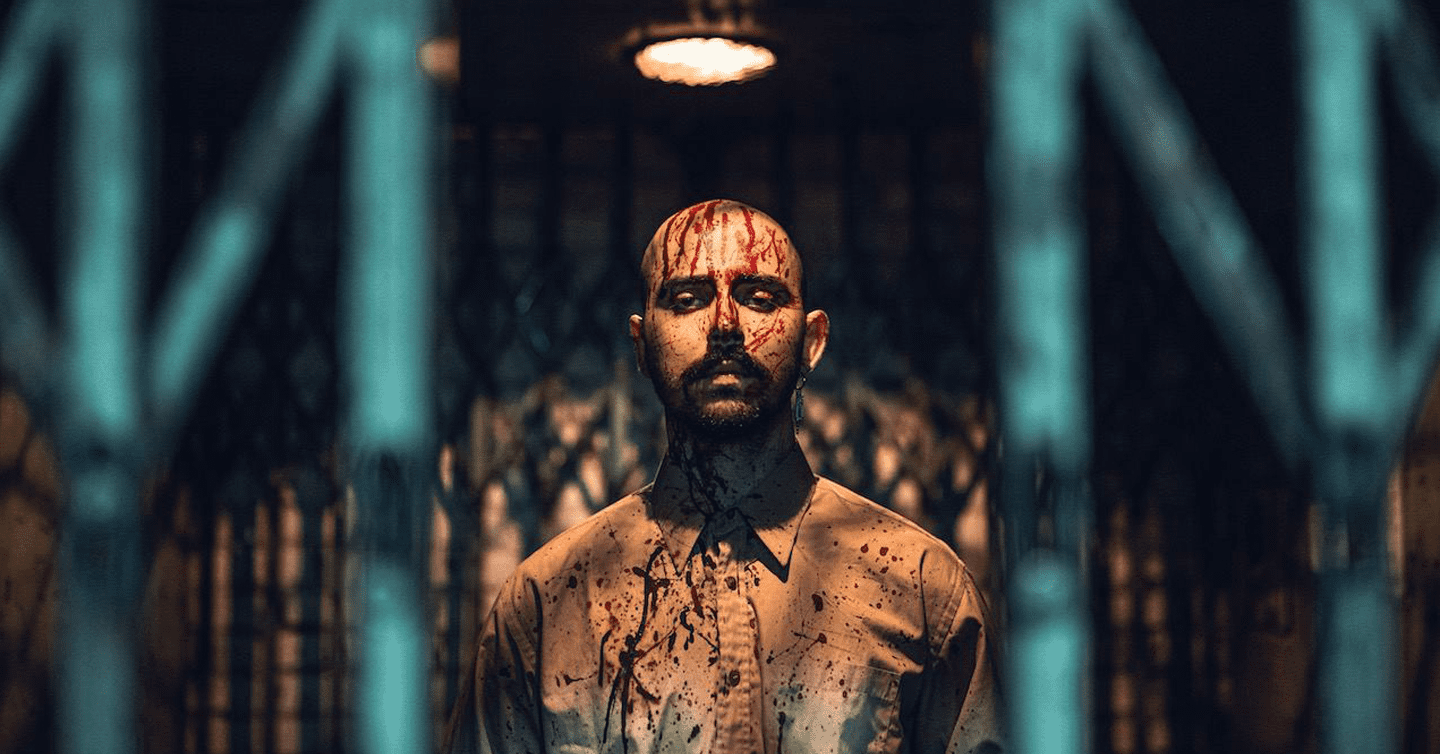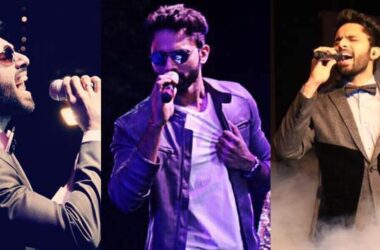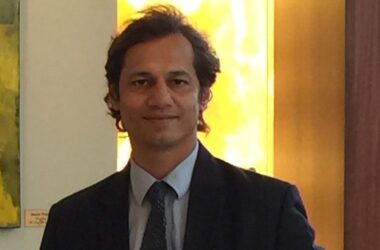In the midst of the ongoing conflict between Ukraine and Russia, the world has witnessed the emergence of a unique voice in the form of Otoy, a Ukrainian rapper and volunteer soldier. Born Viacheslav Drofa, the 23-year-old artist has found solace and a means of expression through rap music, using it as a channel to navigate the trauma and distress of combat in Ukraine.
Otoy's journey from an aspiring musician to a volunteer soldier on the battlefront is emblematic of the resilience and determination of Ukraine's younger generation. Like many of his peers, he has been profoundly affected by the war, having lost his older brother, a soldier, in the siege of the Azovstal steel mill in the beleaguered port city of Mariupol.
His lyrics, characterized by raw emotions and strong language, convey the unfiltered anger and sorrow that courses through his veins. In his music, he doesn't hold back, directing his ire at Russia and offering stark descriptions of the war's toll. Otoy's songs are not just a form of artistic expression but also a powerful outlet for the collective rage that many of his compatriots feel.
The irony of the situation is not lost on Otoy and the younger generation of Ukrainians. In their effort to subdue Ukraine, Russian forces have inadvertently fanned the flames of fierce Ukrainian nationalism. The war has forged a profound sense of national identity, rooted in the blood of thousands of Ukrainian lives lost and the suffering of countless families who have lost loved ones, homes, and livelihoods.
In his music, Otoy imagines conversations with the widows of fallen Russian soldiers and delivers powerful lines that mirror the intense sentiments of his generation. He speaks of not just a dislike for Russia but a deep-seated hatred, fueled by the personal losses and pain he and his countrymen have endured.
The music of Otoy and others like him has become a form of resistance, serving as a medium for Ukrainians to channel their anger, express their patriotism, and rally support for their nation. Beyond music, they use art, tattoos, social media hashtags, and fundraising efforts to unite in their defiance against the invaders.
Otoy's lyrics are not just a product of artistic creation; they are a testament to the harsh realities he has witnessed on the front lines. With experience driving ammunition and weaponry to front-line troops, he has seen the brutality of war up close, and it has left a profound impact on his music. His songs resonate with the smell of war dust and the pain that war brings.
But amidst the anger and resentment, there is a sense of unity and determination. Otoy's music, often delivered in English, reflects a desire to reach people worldwide, raising awareness about the struggle for Ukrainian freedom and the sacrifices being made on the front lines. He hopes that his music can inspire empathy and support from a global audience.
Iryna Osypenko, a concertgoer who witnessed Otoy's passionate performance at a fundraising music festival, expressed the deepening resentment she feels toward Russia in the wake of the conflict. Her sentiments mirror those of many young Ukrainians, who believe that the events of this war will forever shape their perception of Russia.
Otoy's story is a testament to the power of art in the face of adversity, as he uses his music to channel his emotions and rally his generation. His resilience and determination, along with the resilience of his compatriots, stand as a testament to the enduring spirit of the Ukrainian people in the face of adversity.
[zombify_post]






